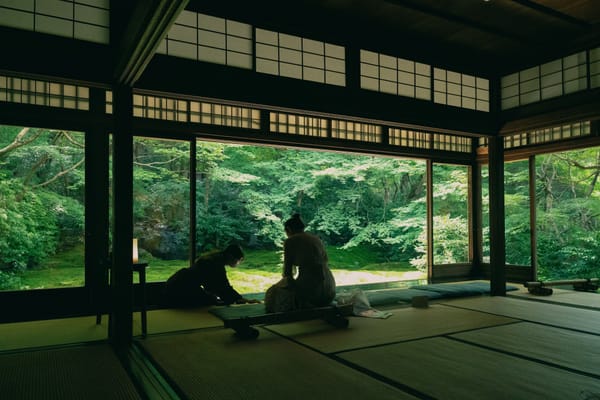Book Review - Blueprint: The Evolutionary Origins of a Good Society

How much of human behaviour is controlled by our genes, and how much is driven by our upbringing and higher thinking has long been a topic of much discussion. Christakis takes a bit of a different view of this problem by asking the question how much our societies are shaped by our biological programming, versus our own design and historical circumstance. The answer to this is driven by extensive research about different types of human societies, from hunter gatherers, to ancient empires, communities of shipwrecked seafarers and modern societies.
This research resulted in the titular blueprint; a set of characteristics that can be found in almost all human societies. These are:
Weak and dynamic hierarchies
Humans, absent other pressures, organise in groups that do recognise difference in standing between different individuals in certain affairs but there is no absolute ruler for everything. Instead trusted individuals take on leadership for different subject matters. To me, that seems to be very sensible. If we imagine a group of friends, when at sea, everyone would defer to the person with maritime experience but when it comes to choosing the best restaurant in town, another person may be consulted. And while certain people are overall more influential that others, few would tolerate a dictatorial ruler that decides everything.
Of course, there are plenty of examples of societies not organised in this way. The agricultural and later industrial revolution allowed for more strictly hierarchical systems with great accumulation of power for certain individuals. However, even here, the power of even the most absolute rulers is moderated by the influence and experience of the people who support them. Military seems to be the most extreme example of this, with very hierarchical structures and strict obedience being expected. However, Christakis point is not about finding absolute rules that always apply but rather to find the natural inclinations we all share, and few would argue that the way the military operates is a very natural way for us to go about things, something evidenced by many rules and harsh punishments being used to uphold military organisations.
One interesting side note here is that groups can be more or less beneficial for their members depending on the nature of their hierarchy and social organisation. Christakis extensively researched shipwrecked societies, and those that had leaders encouraging flat hierarchies were more successful at survival than those that maintained stricter hierarchies. In Against the Grain: A Deep History of the Earliest States by James C. Scott the argument is also made that humans were often better off in small hunter-gatherer groups rather than organised states, giving some indication that many of the societies we built are unnatural and therefore not beneficial for us.
Language
All human societies use language to communicate. All languages are based on grammar. For more on this, also see Don't Believe a Word: The Surprising Truth About Language by David Shariatmadari.
Us versus Them
Many human groups have the tendency to construct an 'in group' and an 'out group'. 'Us' Christians versus 'Them' Muslims. 'Us' natives versus 'Them' immigrants. This is expressed in greater willingness to support those in the 'in group' rather the 'out group' with often catastrophic outcomes.
Cooperation
In seeming contradiction to the previous characteristic, humans also appear to be hardwired to help others, even if it is at one's own expense without discernible benefit. This applies to the 'in group' mentioned above but interestingly also to total strangers.
In style, this book reminds me a bit of Piketty's work Capital and Ideology, in that it draws from a wide range of eclectic sources to make an argument. In that, there is plenty to be learned here and overall I find the conclusions quite sound. I have long been thinking about how we can create an environment that lets us be our best, happiest selves. We clearly haven't achieved that yet and Christakis' work provides us with some interesting insights how we can best cater to our basic natural inclinations.
Also see this review on Goodreads.





